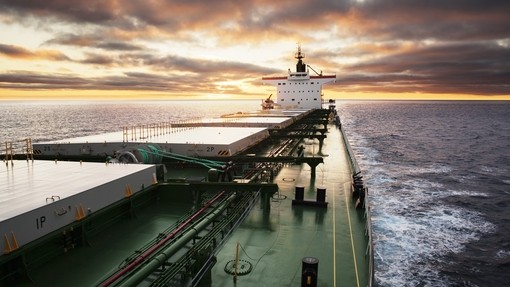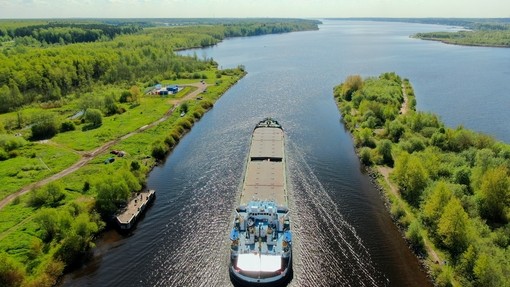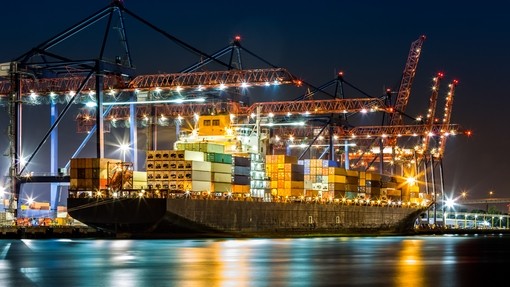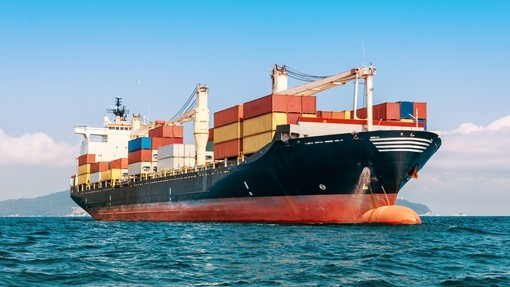The future of transport data
Innovating UK maritime, logistics and freight
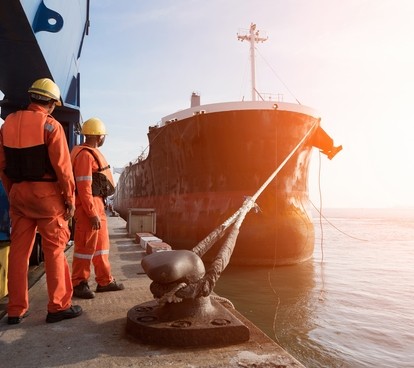
The future of transport data: innovating UK maritime, logistics and freight
The UK Parliamentary Transport Committee has been considering how technological innovations, specifically the use of more sophisticated data, could be used to bring improvements and greater efficiencies to the UK maritime, logistics and freight sectors.
The cross-party Committee will in due course make policy recommendations to the Government, based on its conclusions and those recommendations should inform the Government’s future investment decisions in relation to transport AI and data.
Greater efficiency in the transport and logistics sectors is expected to make the UK more competitive both domestically and internationally, leading to cheaper goods for consumers, as well as lower carbon emissions and safer operations.
As part of this project, in March 2024, the Committee heard oral evidence from representatives of three industry bodies on uses of data in road, rail and seaborne freight. Those giving evidence were:
- Chris Shirling-Rooke, Chief Executive, Maritime UK;
- Ben Garretts, Deputy Director for Public Affairs, Logistics UK; and
- Steve Freeman, Chairman, RailX.
Generally, the view of the witnesses was that there should be a cross-sector transport data strategy both from the Government and across the sector stakeholders with a siloed approach or fragmented initiatives hindering effective collaboration and investment.
More specifically, the participants discussed: data transformation; economic and environmental impact; data sharing and collaboration; Government role in innovation; technology and infrastructure; sector challenges and future direction.
Maritime
On behalf of the maritime sector, Mr Shirling-Rooke made a number of noteworthy points, including the following:
- Whilst the UK maritime sector is incredibly efficient, it has a responsibility to drive environmental changes and that cannot be done without effective collection, interpretation and use of data. Data offers a real opportunity to lower carbon emissions.
- The challenge is not lack of data (there may be too much data) but rather understanding the data, knowing what to do with it, how to centralise and anonymise it.
- The opportunity such data provides is a real gateway through which we can upskill the younger generation in coastal communities and employ them within the maritime sector. “Teching up” will attract the next generation.
- Better digital connectivity in coastal communities will also attract more businesses to those areas and create jobs. Ports are key drivers of coastal communities and data connectivity is critical for them.
- Security is a key issue. It is crucial to have absolute control over the data being created.
- Work is ongoing to create more maritime innovation hubs, such as those already at the Port of Tyne and Maritime UK Solent.
- With a global net zero agenda, there is a real opportunity and incentive to invest in maritime innovation technology. Projects are already underway, including to create the first net zero vessel in the UK.
Logistics
Mr Garretts highlighted various considerations relevant to the logistics sector. Among these were:
- Logistics is a very data-driven sector focused on customer service, efficiency and safety.
- Data has transformed logistics in the context of e-commerce. The UK is very advanced in the e-commerce space.
- Automation – in warehouses, fleet management etc – will be a key transformation. Autonomous vehicles are generating a lot of interest among logistics businesses.
- Vertical data sharing – within your own supply chain and with customers – has been successful and has resulted in operational efficiencies.
- Horizontal data sharing – with competitors – has proved more challenging because of the highly competitive nature of the sector.
- Data sharing with the public realm – between multiple logistics companies or individual large companies and the infrastructure that they are using, whether that is road, rail or energy – will enable more efficient planning of journeys.
- It is important for the Government and bigger businesses to help SMEs through the digital transformation and to upskill them in the digital space.
- AI is being used to optimise energy consumption, with logistics companies using electric vans, technology and data to make their energy and journey management more efficient.
- There are initiatives underway to attract the younger generation into the logistics sector – not for immediate vacancies, but for future needs. The sector needs to focus on a long-term pipeline of attraction. Innovation will help to attract a young workforce and develop their skills.
- Using data at a macro level to identify the key freight routes in the country will inform infrastructure from a transport and energy perspective.
Rail
Mr Freeman commented as follows:
- Fragmentation within the industry should be avoided, data collaboration across the sector, with accessible data points, was required.
- Interconnectivity produced greater efficiencies for customers tracking their cargo and also produced costs savings.
- Customers are increasingly looking for carbon reductions and savings as part of the package. The use of data can provide the relevant information to customers so that they can make sensible decisions.
- The UK’s approach should be cross-sector-led, the transport industry should work together and use the data to decide where to funnel the investment. A cross-sector committee involving rail, maritime and road, might promote cross-logistics thinking and help to ensure that investment goes where it should.
- The creation of 5G everywhere is essential if the UK is to deliver optimum data accessibility.
- The sector is headed towards more technology-based jobs and a different demographic within its workforce.
Comment
The conclusions from the evidence gathering session are that data’s transformative impact on maritime and logistics is undeniable, offering efficiency and safety improvements. However, collaboration across sectors and with Government is crucial to overcome data sharing challenges. Furthermore, strategic Government support is essential for fostering innovation and addressing infrastructure needs.
The industry must also adapt to technological advancements while considering workforce implications.
Ultimately, future success depends on a unified, cross-sector and intra-governmental approach to data utilisation, emphasising sustainability, efficiency, and innovation, which will in turn drive major infrastructure decisions and deliver decarbonisation goals.
This article was written with assistance from trainee, Will Curtis.



